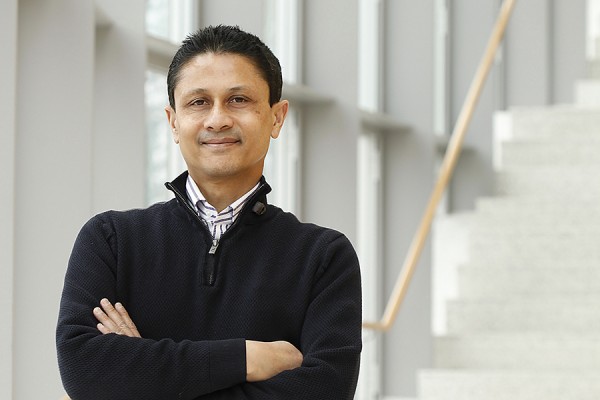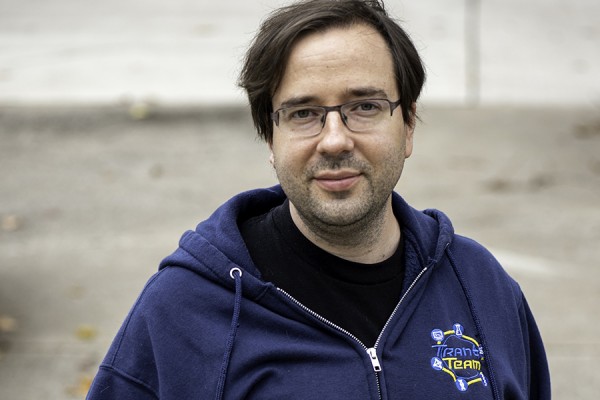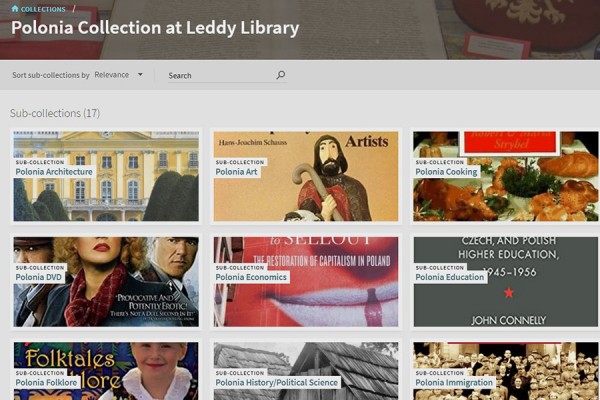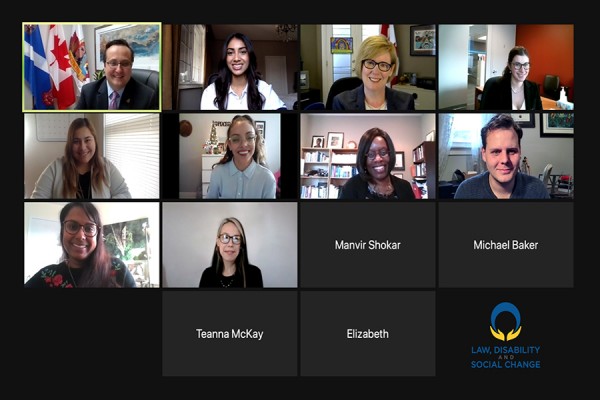 UWindsor engineering professor Narayan Kar is a leading expert in electric vehicle motors, drives and other powertrain components. Dr. Kar has been awarded a National Research Chair, a position that comes with $200,000 in annual funding.
UWindsor engineering professor Narayan Kar is a leading expert in electric vehicle motors, drives and other powertrain components. Dr. Kar has been awarded a National Research Chair, a position that comes with $200,000 in annual funding.
When it comes to the motors that make electric cars go, Narayan Kar is one of the world’s leading experts. The federal government highlighted that Wednesday by naming the UWindsor engineering professor a Tier 1 Canada Research Chair holder in electrified vehicles.
The position comes with $200,000 in annual federal funding for seven years, a term renewable for an additional seven years. It provides Dr. Kar with steady funding to work on innovations that benefit the automotive industry and Canadian consumers.
“Major challenges the global automotive industry faces today related to mass adoption of electrified vehicles include purchasing cost, driving range, performance, and durability — key barriers for advancing technologies and ensuring consumer friendliness,” Kar said.
“The research under this Tier 1 Canada Research Chair program will involve multi-disciplinary collaborations among industry, academia, and government and will advance electric vehicle adoption by holistically improving performance while lowering costs.”
The Canada Research Chairs program is a national strategy to propel the nation to the forefront of research and development in the world. The program, launched in 2000, invests up to $295 million each year to attract and retain a diverse cadre of up to 2,285 world-class researchers in engineering, the natural sciences, health sciences, humanities, and the social sciences. There are currently 1,922 of these positions filled.
Navdeep Bains, federal minister of Innovation, Science and Industry announced 260 new and renewed Canada Research Chairs on Wednesday.
“Our government is taking action to attract and retain the world’s brightest and most distinguished researchers,” Bains said. “For over 20 years, the Canada Research Chairs Program has been mobilizing Canada’s most esteemed academics to train and mentor the next generation of researchers and pursue ground-breaking research that responds to society’s economic, social and health needs.
“Congratulations to the new and renewed Canada Research Chairs! I look forward to seeing where your research and innovation leads us.”
Kar’s research aims to develop electric vehicle motors, drives, and other powertrain components that are better performing, lighter, and more reliable while being less costly to produce.
He was named a Tier 2 Canada Research Chair in electrified transportation systems from 2008 to 2018, a position that came with federal funding of $100,000 per year.
Canada Research Chairs funding brings prestige and stability to research programs, explained K.W. Michael Siu, UWindsor’s vice-president, research and innovation.
“Dr. Kar’s research under the Canada Research Chairs program will advance electric vehicle technology,” Dr. Siu said. “Dr. Kar has long-standing research relationships with industry partners and this program will boost that innovative work.”
—Sarah Sacheli









